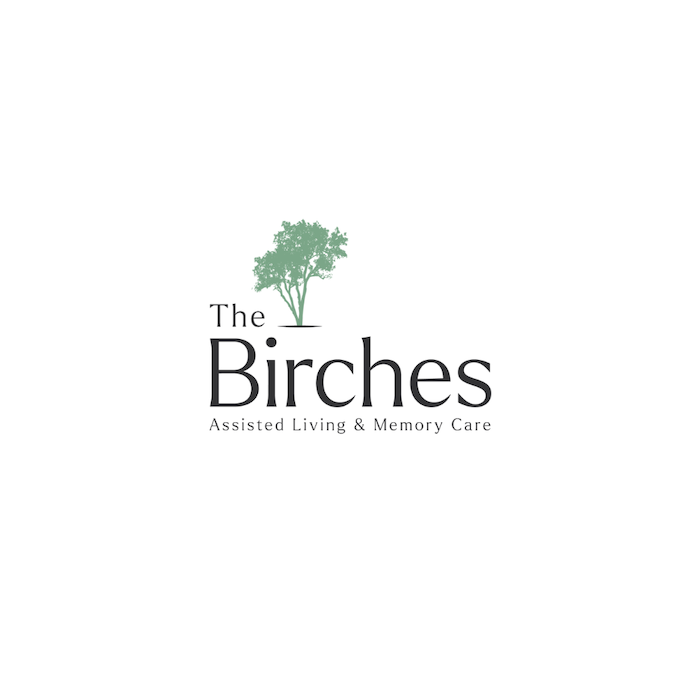
When a loved one is diagnosed with dementia, family members often step up to manage care. As the disease progresses, however, providing the level of care necessary to keep a loved one safe, healthy and happy can become a big challenge. Fortunately, families have a second option in memory care, which provides not only a safe and secure environment but a healthy and enriching one as well.
How senior living communities enrich the lives of memory care residents
Independence is a priority
People living with dementia often struggle to do ordinary tasks. That in turn can make a caregiver feel they have to do everything for them. The problem with doing that is it can diminish their loved one’s independence and self-worth.
In memory care communities, independence is prioritized so memory care members feel valued, respected and self-sufficient. As described in our blog, “Benefits of Memory Care - Helping Individuals with Dementia Maintain Independence,” memory care members at The Birches have many opportunities to be productive in the community such as gardening, helping out in the kitchen, or doing handywork. Our person-centered programming draws from each memory care members’ life experiences to help them do more, engage more and maintain the highest quality of life possible.
Behavior management
Dementia causes many changes but those associated with behavior are among the most difficult for families to understand and manage. Dementia behaviors include sudden mood swings, agitation, fidgeting, pacing, wandering, shadowing, anger, aggression, and sundowning. For inexperienced and untrained caregivers, responding incorrectly to these changes can further exacerbate the problems and make matters worse.
At The Birches, our memory care team members are trained and supported to be able to develop strategies to calm memory care members and reduce the severity and occurrence of negative behaviors. As noted in our blog, “Behavior Management in Memory Care Facilities,” we take the time to know each memory care member so we can identify behaviors, tendencies, likes and dislikes, and triggers so team members can react quickly and appropriately to help members regain control and feel safe.
Activities and therapies
As noted above, being an active participant in life is essential to maintaining the health and independence of memory care members. Since each memory care member is different, at The Birches we go the extra mile to provide a diverse array of options that enable each member to spend time engaged in activities and therapies that they enjoy and look forward to.
Activities offered are simple and practical so memory care members can gain a sense of accomplishment. As described in our blog, “Montessori Activities for Dementia,” activities at The Birches support the cognitive, sensory, social, physical and practical aspects of life. Among the many options are games and puzzles, music, arts and crafts, social opportunities, and daily living tasks.
We also employ therapies that can greatly enrich the lives of memory care members. For example, our blog, “Music Therapy in the Treatment of Dementia,” defines the many benefits of music therapy which include helping members be more expressive and social while minimizing situations that could needlessly create anxiety.
Similarly, art therapy is a way for memory care members to express themselves without speaking, be creative and spend time with friends. As noted in our blog, “The Benefits of Art Therapy in Memory Care Facilities,” a World Health Organization review of more than 3,500 published studies found that seniors with neurological disorders who participated in the arts experienced improvements in mental health and happiness, behavior, communication, physical function, perception, socialization, and resilience.
Emphasis on nutrition
Dementia not only affects memory but can also affect eating and nutrition. Caregivers can become frustrated when a loved one forgets to eat, avoids eating or simply doesn’t like the foods served.
At The Birches, we know adequate nutrition can be difficult to achieve so we make a point of including our memory care members in meal planning and preparation. We also make it easy for them to choose what they want by showing them sample dishes rather than a written menu. For those who need help eating, staff are always standing by to assist and make sure each member eats well at every meal. Find out more in our blog, “Residents Always Have a Say In Our Culinary Menu.”
Montessori methods
At The Birches, our memory care members benefit from Montessori methods, which according to our blog, “How Effective Are Montessori Methods for Dementia?” are clinically proven to help memory care members engage more, handle routine tasks better, and may also help slow cognitive decline and reduce anxiety and depression. As the only Montessori-certified memory care community in Illinois, we provide comprehensive care that encompasses the environment, the individual and different activities designed specifically to enrich each memory care member’s daily life.
Interested in The Birches’ memory care for a loved one? Contact us to learn more and to schedule a tour of our memory care community.

